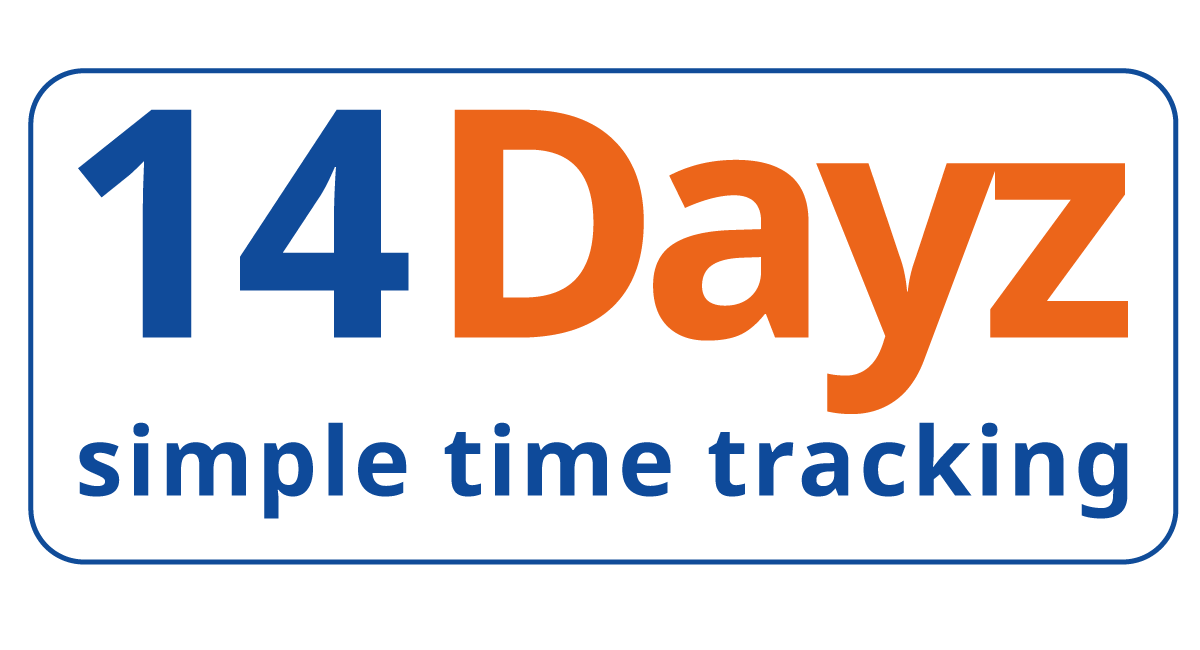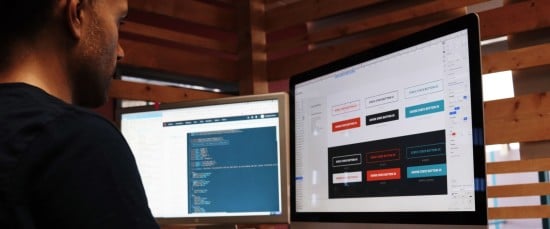It is a fact that being a freelancer is highly demanding. Being a successful and one of the best in your business field is impossible without the expertise, organizational skills and knowledge related to reporting practices. Those who aim at becoming reputable freelancers have to inspect the basics of time tracking, planning and reporting very thoroughly. Hence, to help considerably and accelerate the whole process, we have prepared a time tracking, planning and reporting guide for freelancers. Hopefully, the guide will be a powerful means for both the first days of freelancing and later while building your reputation and credibility on the market.
The freelancer’s job
When considering being a freelancer as a business choice, one has to be aware of all the tasks this endeavor entails. Interestingly, in companies, these tasks are always performed by a group of people. However, when you are a freelancer, you are the only responsible and in charge of the completion of these tasks.
A freelancer’s job includes:
- Organizing and conducting entire business
- Managing workload
- Keeping regular contacts with clients
- Cooperation with clients
- Calculating your earnings
- Sending out invoices to clients
Understandably, to be efficient and productive, freelancers need a proper strategy that will make all these necessary errands considerably easier. The time tracking, planning, and reporting guide is a vital part of this strategy. Thus, it goes without saying that studying the guide and its points is of utmost importance for ambitious freelancers striving to reach the top.
Here you can read the feedback of a freelancer, on using 14Dayz.

Time tracking for freelancers
Time tracking guide for freelancers
Making the most of the time is vital for all freelancers. They need to gain the utmost control of the time they spend working on both billable and non-billable tasks. Only this way will they be able to meet all the deadlines and eventually get proper compensation on time. Time tracking allows freelancer to know accurately hours and minutes a particular task has demanded. Once they are in the possession of these data, they analyze them for various purposes.

Tools for time tracking improve efficiency for freelancers
What should freelancers track?
Time tracking is a very broad concept once you study it carefully enough. Here is all that freelancers need to track:
- Time spent on self-marketing tasks – This is the easiest way to find out how your marketing strategy has been successful.
- Period of time spent on activities which enable the smooth running of the business. – This can help freelancers understand how they can streamline, delegate or even automate certain processes.
- Activities not directly related to work, but which still influence it greatly. – Analyzing these data provides detailed information on whether non-working hours are used smartly.
When conducting consistent time tracking, freelancers can detect potential issues instantly once they explore the data. Time tracking significantly boosts efficiency and that is what everybody wants when doing business. Regardless of the type of business, clients want experts in the field, those who perform tasks promptly and are always ready to meet new requirements. And whereas your best option when moving would be Carmack Moving & Storage Virginia.

Planning is vital when doing business.
Planning guide for freelancers
Planning your time properly is crucial when doing business. Methods for planning available are numerous, but you can always choose according to your preferences. For example, creating checklists on a regular basis is highly popular. However, those who are addicted to modern technology frequently use its products for the purpose. Finally, various applications are also available and immensely convenient to use, 14dayz and its planning feature being the first choice of the majority.
Pre-work planning
Pre-work planning is focused on making the most sensible decisions concerning your working days. It involves:
- Making a layout of the tasks you need to conduct
- Prioritizing tasks according to your personal peak hours. – Schedule your most important tasks at times when you are the most productive.
- Making the final schedule for the following working day
- Defining some spare time for unexpected errands that might come up
- Planning time for meals
Planning on the work day
When working as a freelancer, you need to be disciplined and adhere to some basic rules. It is of key importance to get up early, have a nice breakfast and then seriously get down to work. A regular work day should involve:
- Orchestrating and finishing the most important errands first
- Switching focus to less important or less demanding tasks you need to complete – communication with your clients, checking and answering emails, making necessary phone calls, etc.
- Deciding on the time when you will call it a day – Freelancers are given a choice to stick to the standard working hours, from 9 a.m. to 5 p.m., or to determine any other period that suits them best. Working in shift is an option as well.
Reporting guide for freelancers
Finally, knowing reporting practices is also of key importance. Freelancers are obliged to pay a self-employment tax of 15.3% if they earn more than $400. If you are surprised by this percentage, bear in mind that the IRS sees freelancers as both employers and employees. Also, you need to know that this tax is paid in addition to your regular income tax.
Freelancers pay taxes at the end of each tax season which is in April every year. Those who are not careful enough can easily harm their cash flow very seriously. Should you need any help, hiring a tax professional is always a good choice.
Are you a freelancer, try the advantages of 14Dayz yourself, here.



